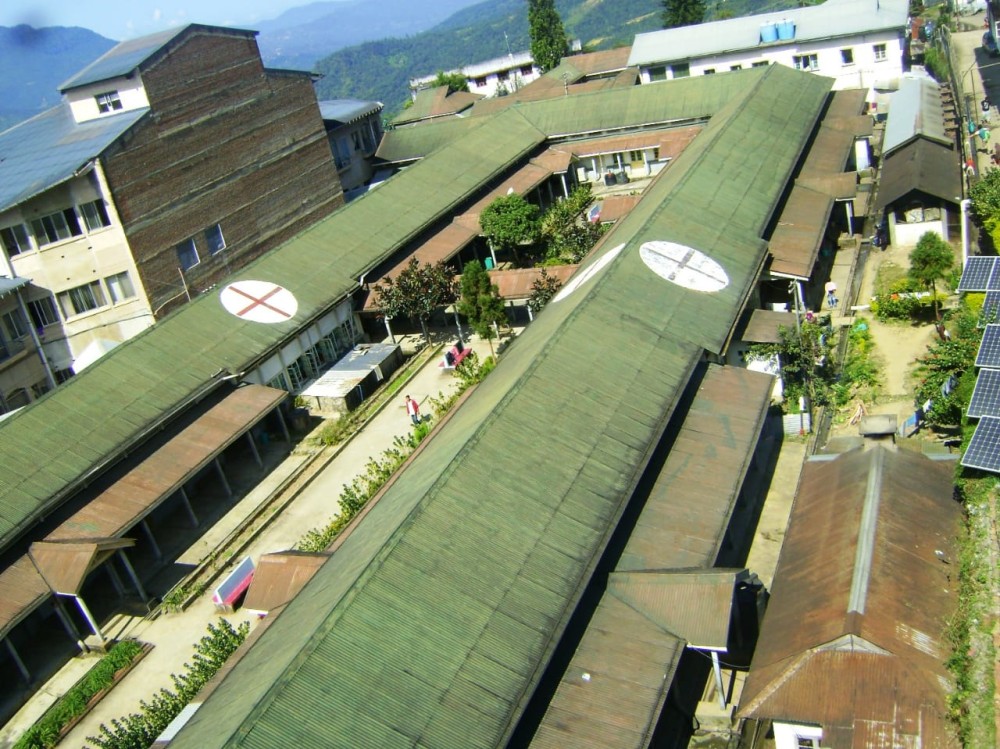Representational Image. (Morung File Photo)

Has potential to cost lives
Morung Express News
Dimapur | April 19
Hospitals are the life support systems of the community in times of crisis and of general healthcare needs. Electricity is a necessity for any hospital or nursing home to function. However, the constant power shortfall in Nagaland has adversely affected the healthcare sector. Hospitals and Nursing Homes in Dimapur are having a difficult time dealing with this issue, relying on backup generators and inverters for most of their power supply.
The constant power cuts have been a nuisance affecting every home in Nagaland, however the eventuality of hospitals running out of power could result in severe consequences. “If hospitals fail to maintain power, seriously ill and injured people’s lives are at risk,” states one doctor associated with the Dimapur Civil Hospital. Monitors, oxygen pumps, X-ray machines, CT scans and other essential equipment will stop working.
Dr. Merang, associated with the Zion hospital and Research Center, Dimapur, informs that the hospital has adequate backup power supply to deal with the current load shedding crisis. However, he also points to the financial strain caused due to near constant reliance on generators.
He adds that power is a requirement for not just running essential life saving equipment but is also needed for the functioning of the hospital administration. Hence, the regular use of generators has also led to mechanical problems with administration. In spite of the technical problems being addressed, he expresses concern on the regular power cuts.
Private nursing homes are the most affected by the power crisis. Dr. Sharma, who runs a nursing home at Marwaripatti, Dimapur states that the constant load shedding has led to a financial and technical burden. He adds, “Even the inverters are not re-charging properly.” He asserts that nursing homes and hospitals have to, by any means, provide constant power supply. However, the current status of power supply is presenting a hurdle.
Another doctor who operates a nursing home in Dimapur reiterates the same problem of having to rely on backup electricity. “Having to rely on generators for 8 to 10 hours each day is not feasible,” states the Doctor who wishes to remain anonymous. “I shudder to think what would happen if something goes wrong with the backup,” he adds. Such a scenario, he exclaims, would present “huge risks” to people’s lives. The power crisis in Nagaland and its effects have been highlighted for a long time now. Its effect on the healthcare sector seems to be the most disconcerting as it has the potential to be life threatening.






